
We’ve all been there. You’re eagerly refreshing the page on D-Day; December 14th has taken forever to arrive. You check the status update, and it’s there. The decision you have been awaiting for months. In fact, we’re all probably checking the exact same pages: U. Mich, Tulane, Notre Dame, Georgetown, Vanderbilt, and Duke. Did I get in? Am I heading to D.C.? North Carolina? Michigan??
Your notifications start pinging. Lauren got into Georgetown, and Xavi is off to Notre Dame. As the blue header white crown of Columbia appears on the screen once more, you scroll down to see your fate. You didn’t get in. Your chest falls. You feel defeated.
It’s a stressful time of year for us seniors. The academic expectations are mounting, the emotional stress of getting into your first choice college is all-encompassing, and the thrill of all your final experiences, from school dances to sports games, is overridden by the idea that you’re soon going to move on from your school, friends, and community into the unknown.
Sometimes, getting the news that you’ve gotten into your first choice school early helps you feel like there’s certainty. A school wants you, and your new home is waiting for you–it’s all going to be okay. When you haven’t gotten in, you start fearing your future and worrying about whether other schools would even want you. What if no one wants me? What’s going to happen to me then?
Experts say there’s no need to worry. While the early decision acceptance rates may be higher for some schools, the overall percentage of open positions taken up by ED applicants is decreasing in some institutions, says Christin Perry at Forbes Magazine.
In fact, both early decision and early action results do not mean the end of the road. If you were deferred, you may be likely to still get into your school of choice. If you were rejected, there is also hope. An article by the Student Research Foundation found that students greatly overestimate the strength of their first-choice college while under-appreciating the virtues of their second-choice school, meaning you may be just as happy if you end up at another school.
Experts like Lisa Kortar, an international resilience researcher for the Fulbright program at the Seattle Children’s Hospital, talk about how rejection, like college decisions, helps people become more resilient, better preparing them for life experiences. Kortar says it’s best to build a healthy response to rejection to “open up pathways to growth and transform stress into potential”.
From personal experience, the decision is not so much a rejection but a redirection. Where you go is where you’re meant to be. Although you feel like you know yourself, God knows you better. He knows where you will thrive and where you will succeed. During this time, it is hard to think that all your hard work didn’t pay off, but as my friend Natalia James ’24 said, “Whatever the future holds, know that God will guide you. He has a plan and knows where you are meant to be.”
James also sent me a prayer that I would like to share with to help you out through this difficult process:
“God, I pray that if it’s your will, I get into (insert school name). If not, grant me the serenity to accept that and trust your plan. I love you, God.”



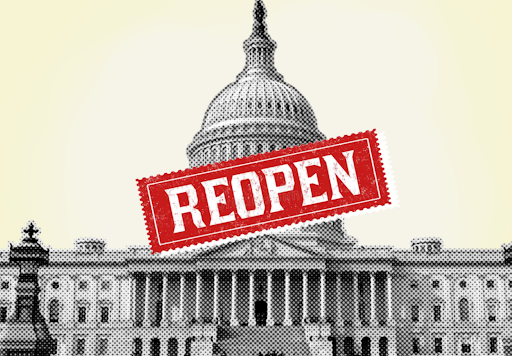

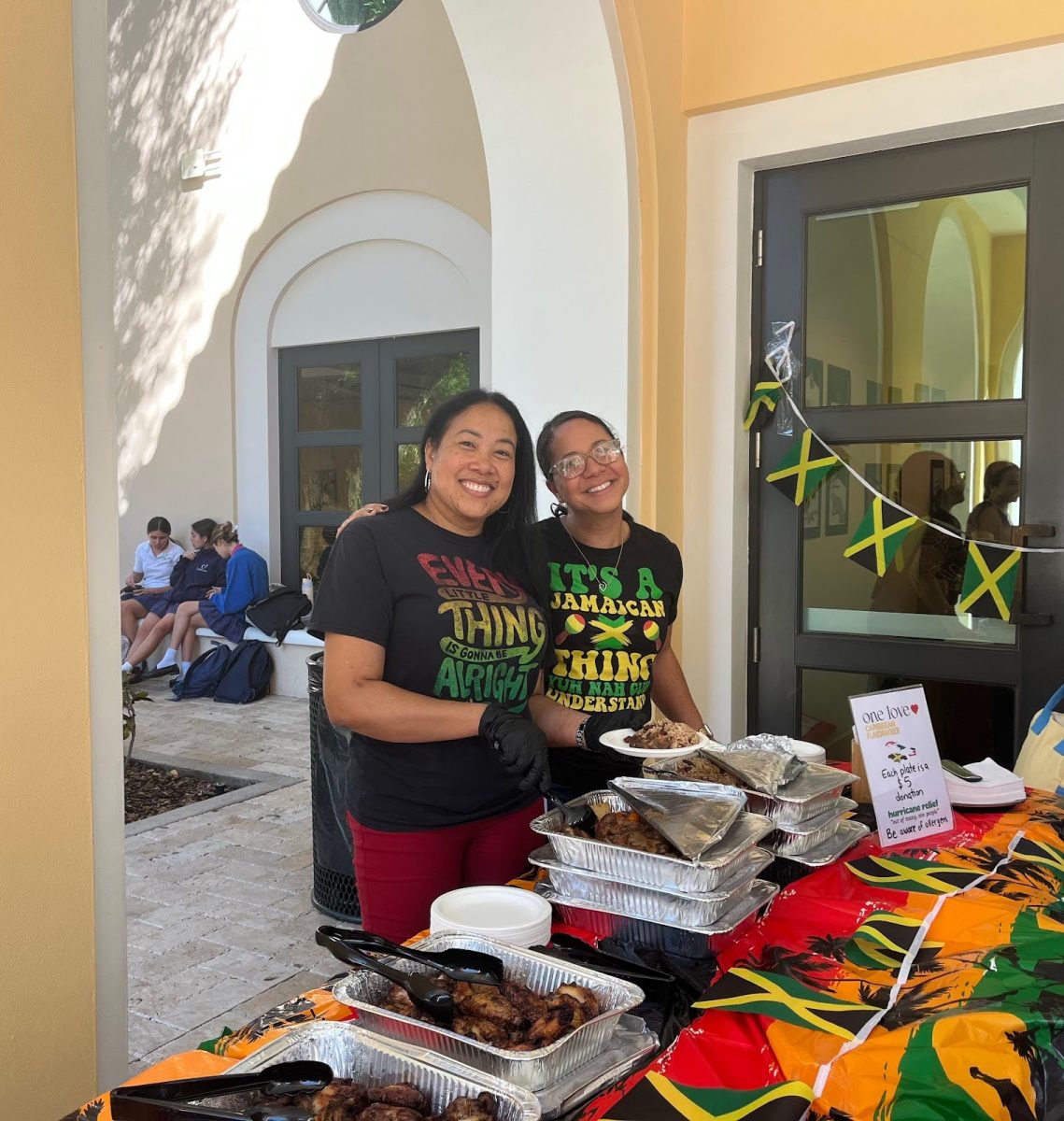
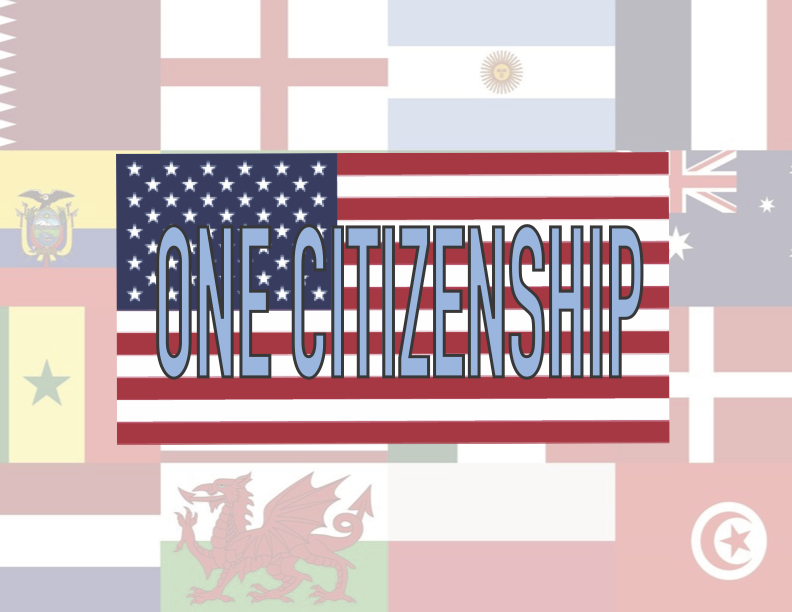

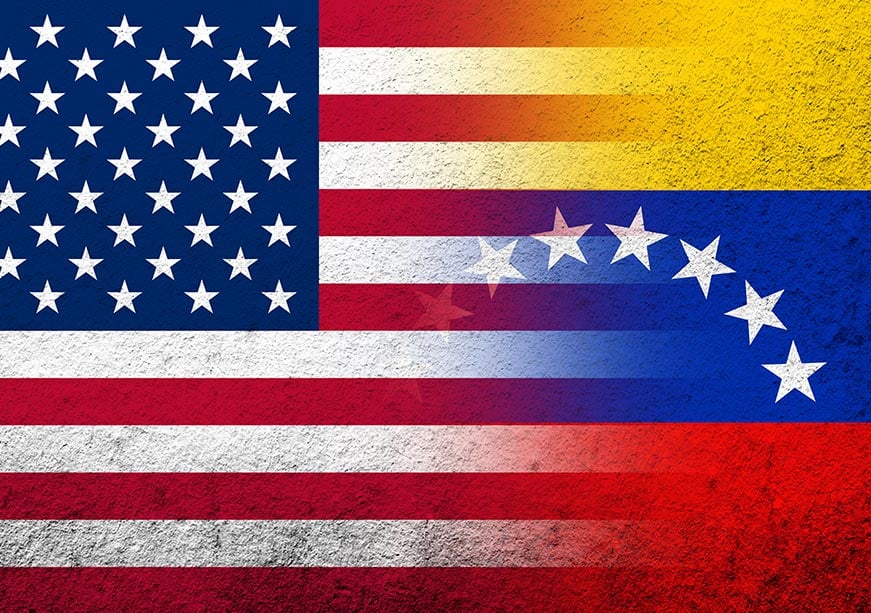







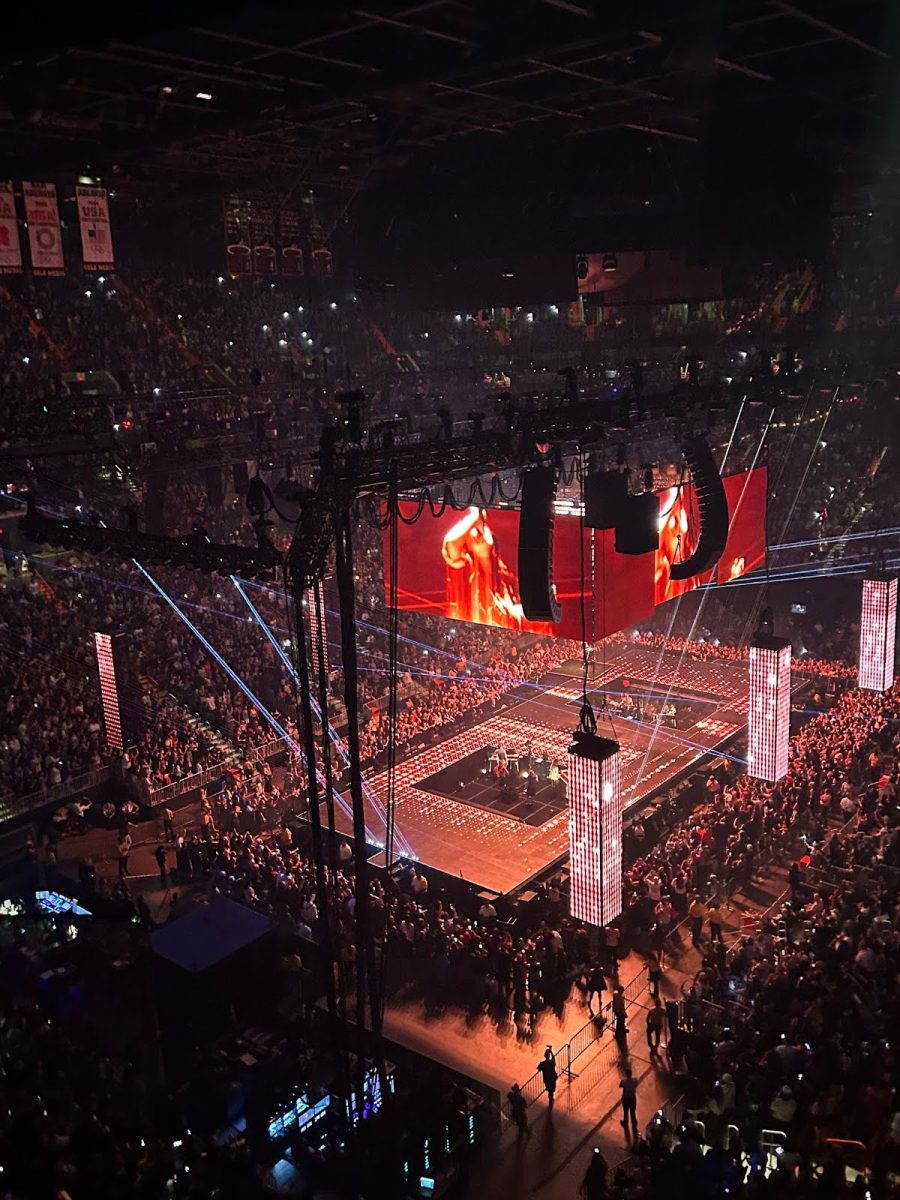


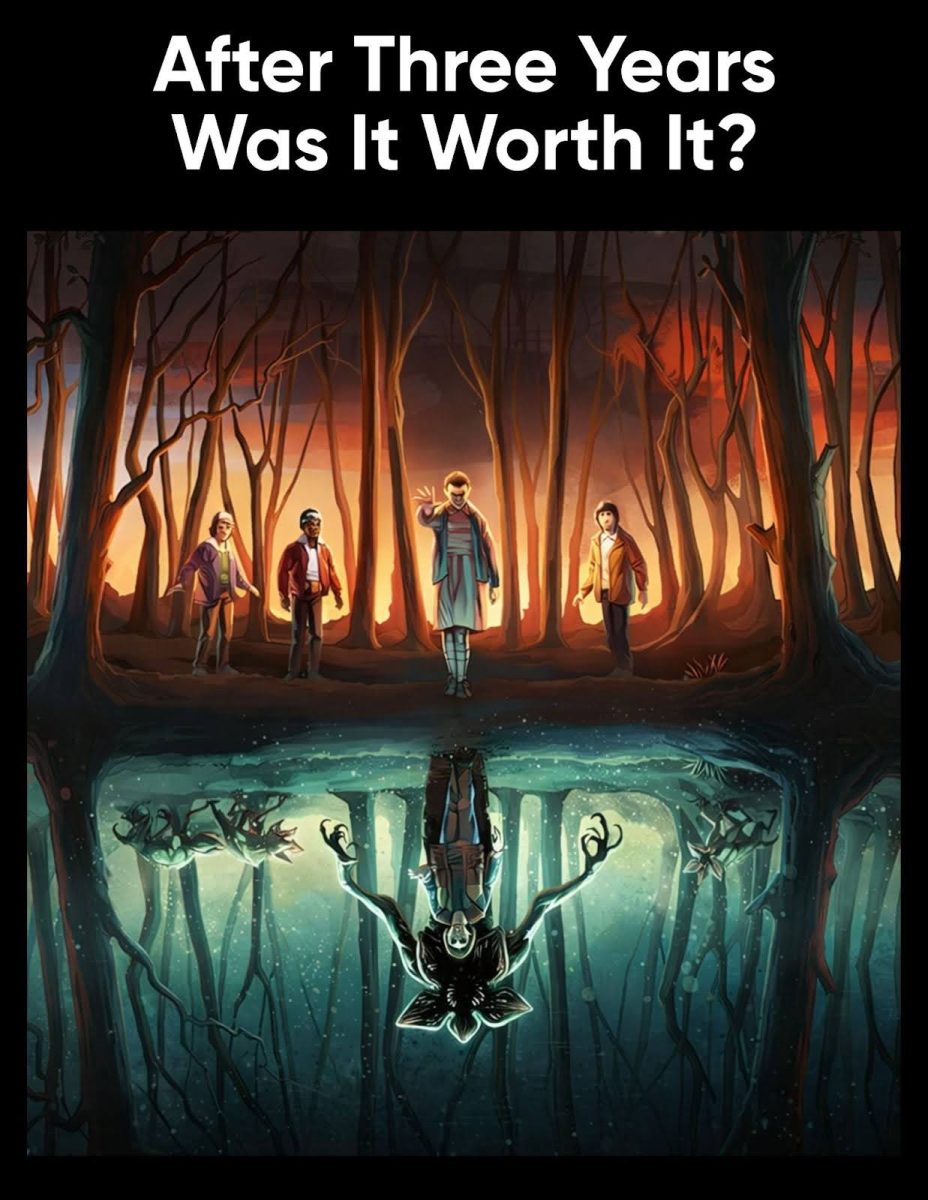


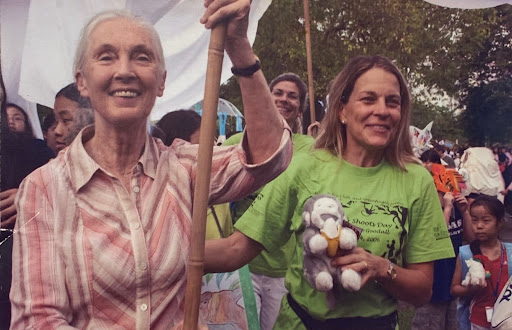
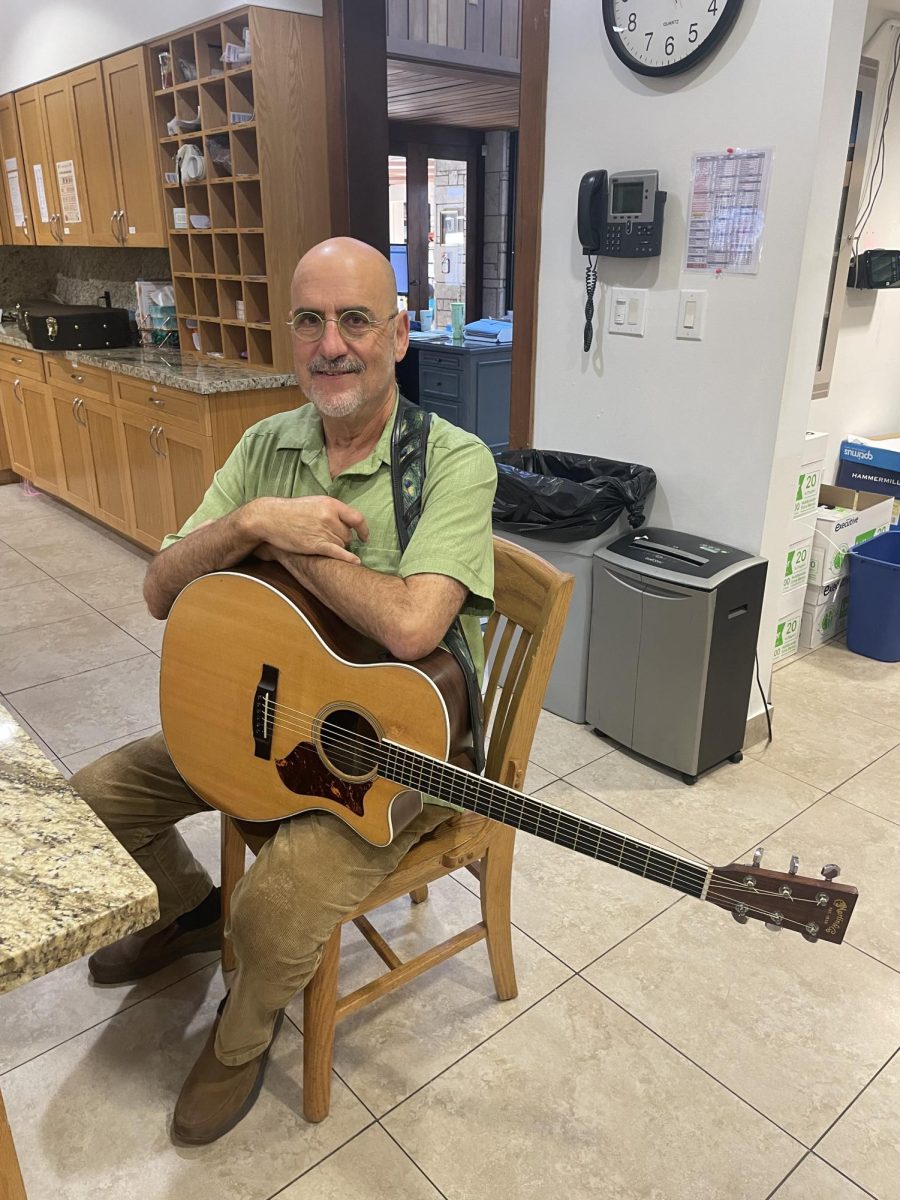
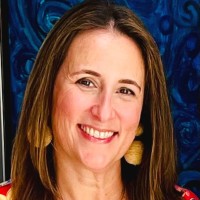
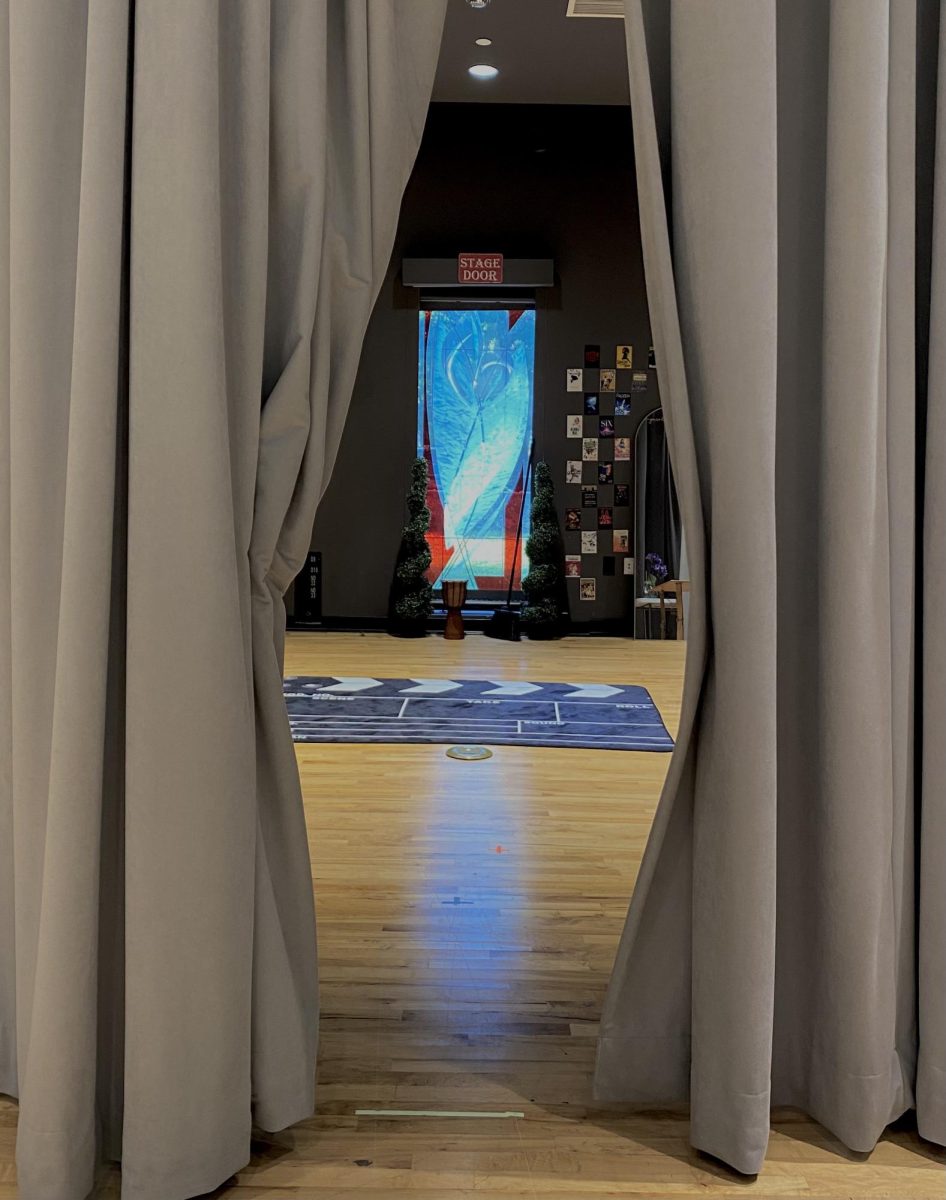
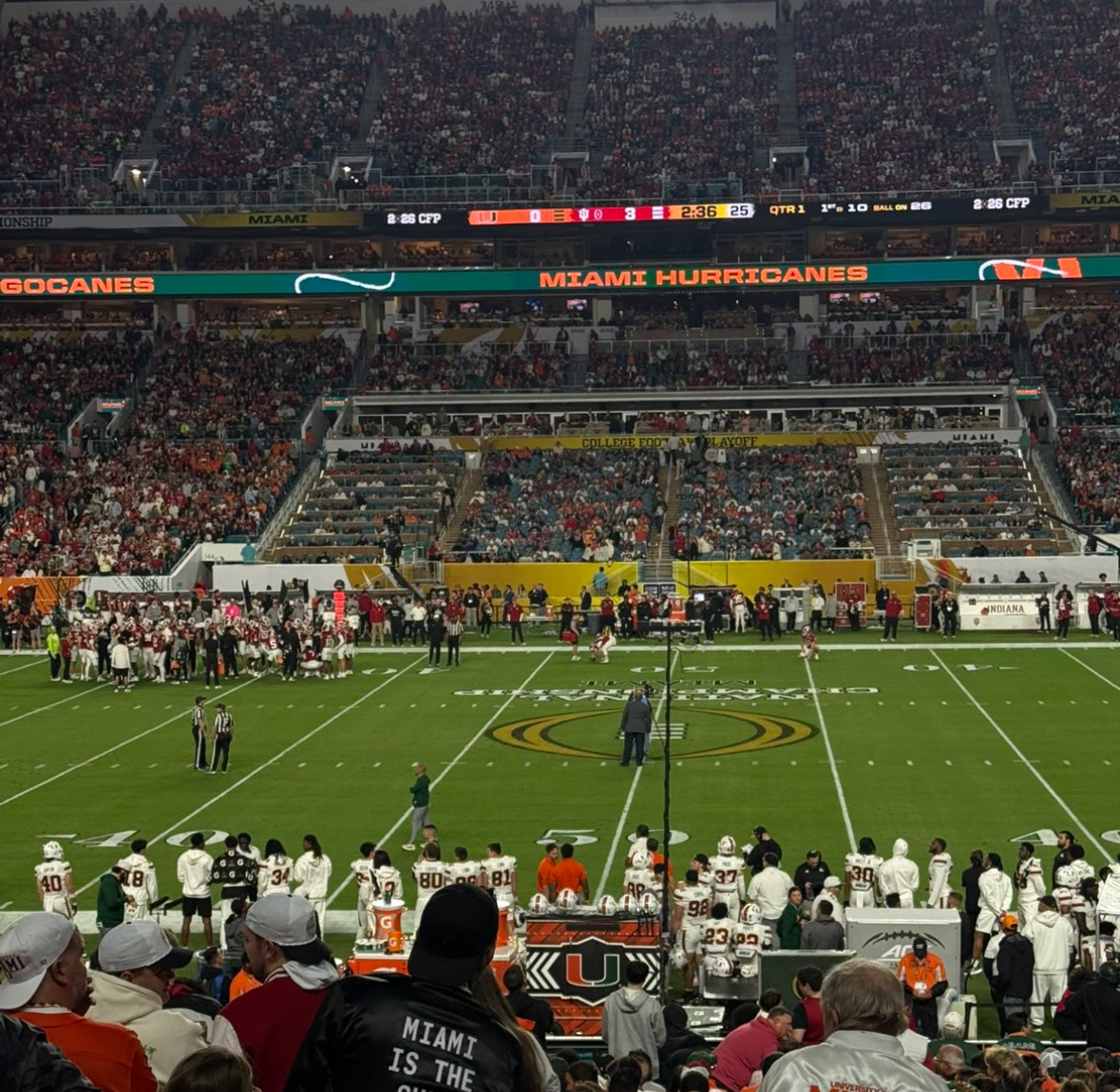



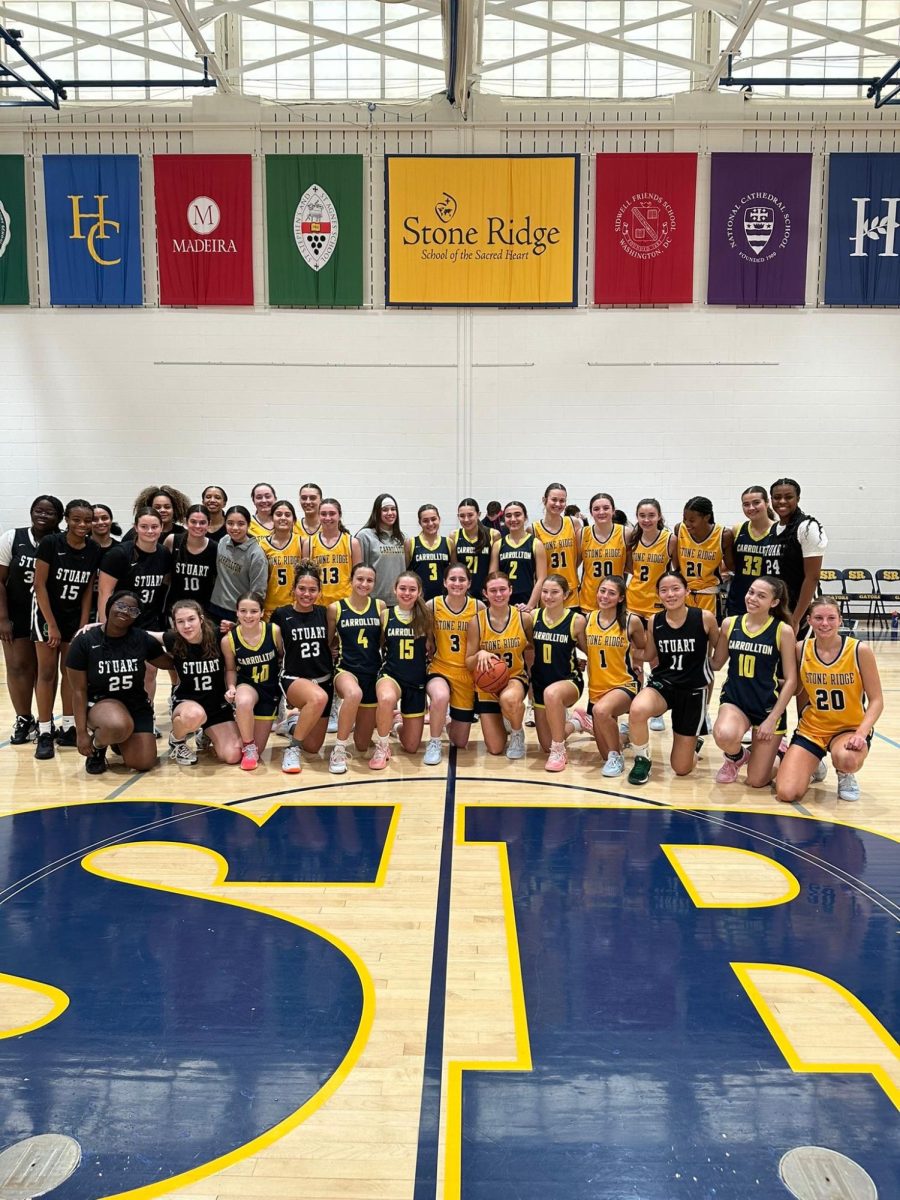

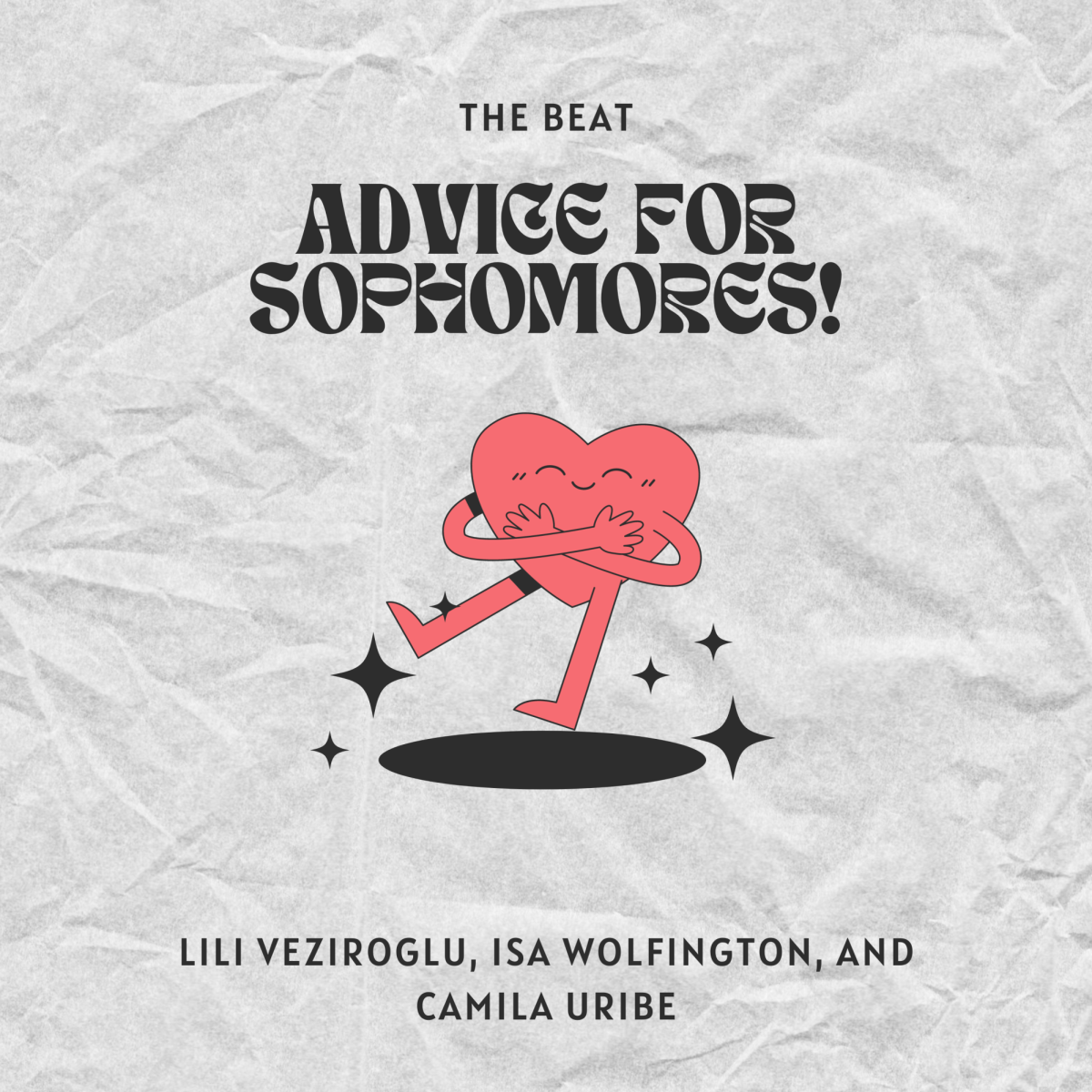





Mr. Alkon • Mar 18, 2024 at 3:54 pm
Thank you for this true and inspiring article. The message is important for seniors at this especially stressful moment, but it is also important for everyone, at all times. It is hard but consoling to remember that God’s loving wisdom — the wisdom of the Cross and Resurrection — is the ultimate source of meaning in our lives (not our own ideas, plans, and achievements).
Susan Garcia • Feb 7, 2024 at 8:53 am
Alessia, congratulations on your beautifully written article! You are a source of great pride for us!
Gabriela Quinzaños • Jan 26, 2024 at 9:57 am
Beautiful and true!! ❤️